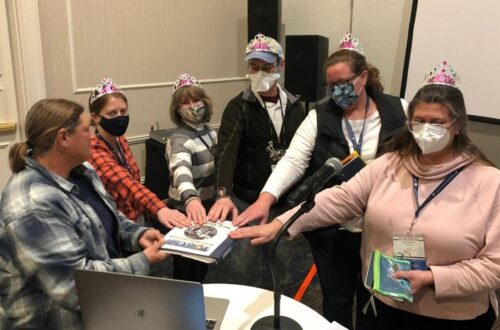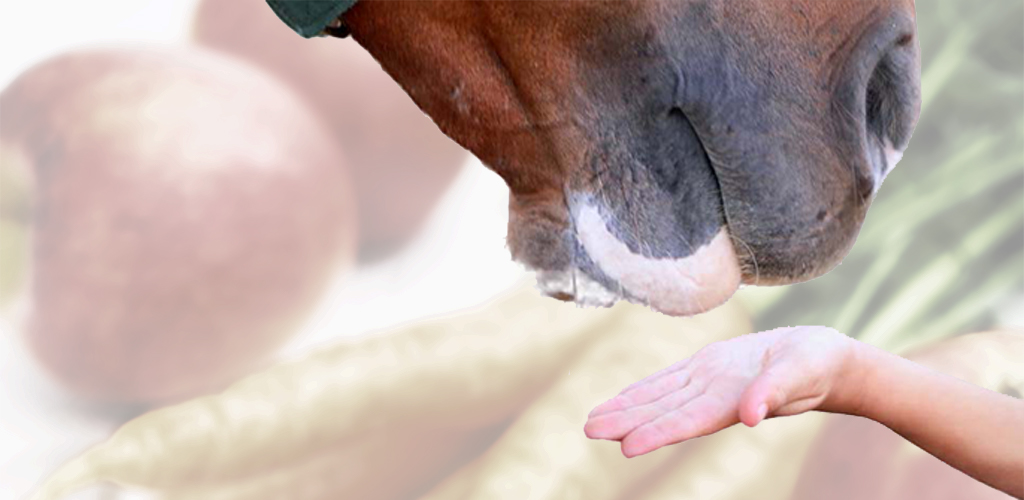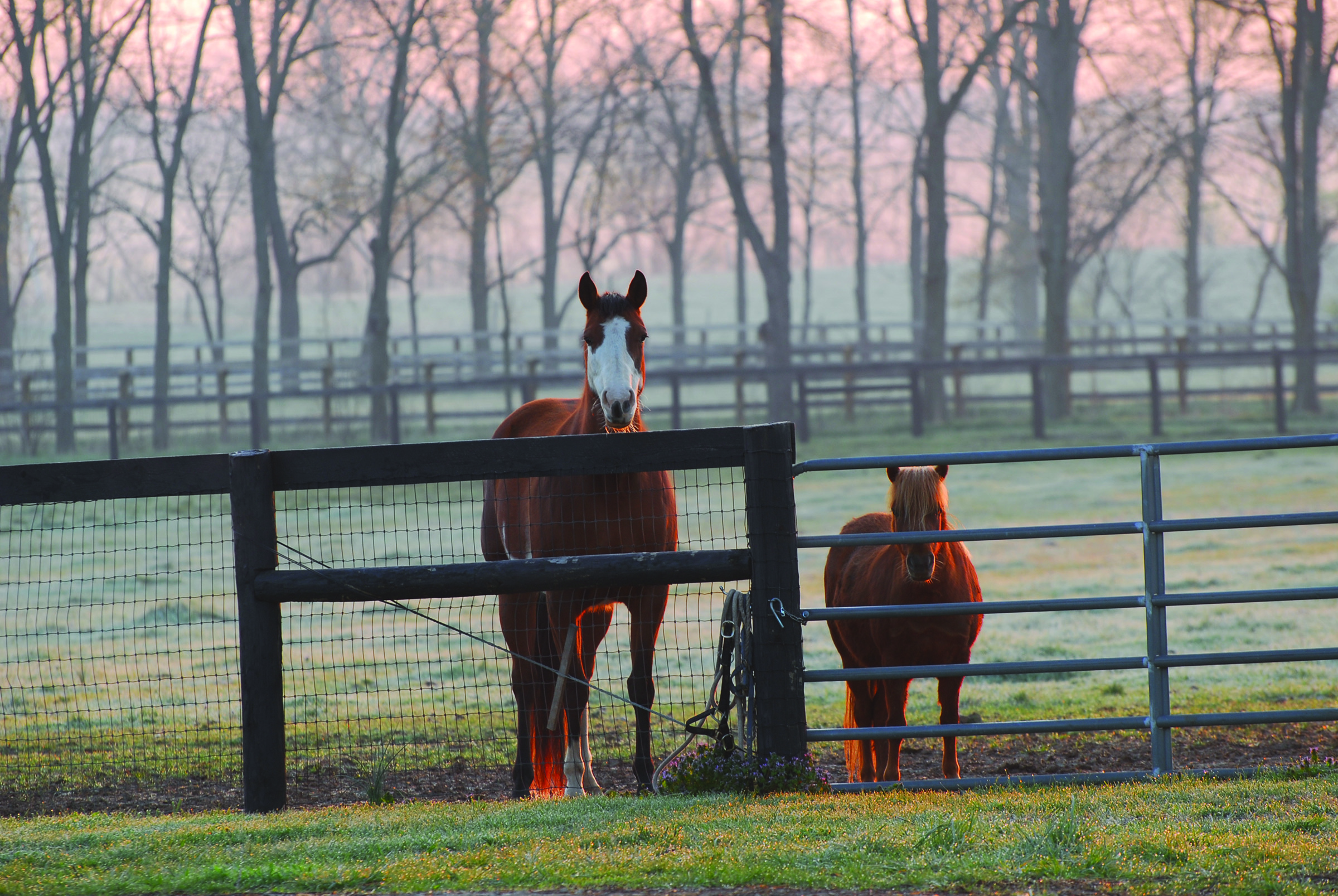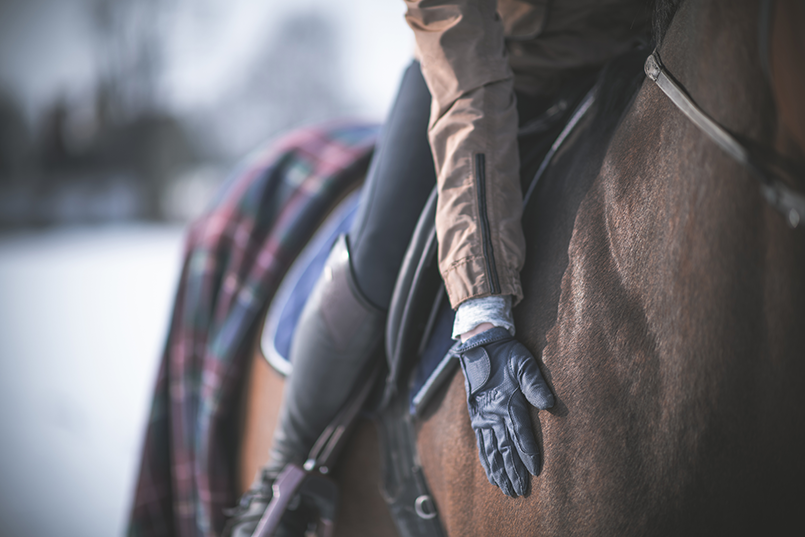
Cold Weather Grooming Tips
By Liv Gude, Brought to you by Shapley’s Grooming Products, the Official Grooming Products Sponsor of USPC
One Last Bath
Grooming your horse in cold weather takes a little more elbow grease than in summer. The routine and grooming steps are the same, but you must account for longer hair and no option to bathe if it’s too cold where you live. Check out these tips from the experts at Shapley’s for grooming your fuzzy horse in winter.
As you watch the weather report, you may notice that your chances of giving a full bath to your horse start to dwindle as temperatures drop for winter. Take advantage of that last bath to treat your horse’s skin and coat. Choosing the best shampoo can make a difference going into the fall season.
Shampoos with lemongrass and tea tree oil soothe skin. Itchy horses or those with allergies benefit from these natural ingredients. Tea tree oil also helps to ward off the last of the summer bugs. A gentle shine-boosting shampoo is also an option for horses of all skin types. Shampoos with added shine ingredients help keep the coat slick and shiny.
After bathing, consider rinsing or toweling your horse with some grooming oil. A little oil goes a long way toward conditioning the coat and boosting shine. Manes and tails benefit from the detangling and conditioning, too.
Mix several capfuls of grooming oil with a gallon of warm water for a post-bath rinse. Sponge this mixture on your horse, then sweat scrape and allow your horse to dry. Your horse should not be sticky. To condition your horse’s mane and tail, use a quarter-size dollop of oil and massage into the mane and tail. You may need to use a little more for extra-thick tails.
Now, your horse is spotless as you transition into colder weather—at least for a little while. Using a sheet is helpful to keep most dust and dirt out of the coat.
A Routine Boost
Longer hair coats mean more currying. Perhaps you change your curry comb to a design with longer teeth or use grooming gloves to use both hands and to keep your hands warmer. Your dandy brush and hard brush could also change. Look for brushes with longer bristles with some stiffness to reach through the winter coat. Your finishing brush should be just fine, as it’s designed to smooth the surface of your horse’s hair and help distribute natural oils.
Dealing With Sweat
One grooming challenge in cold weather is a sweaty winter coat. When you finish riding, you must safely cool out your horse. All of that sweat can make your horse chilly. Use coolers to block wind, absorb moisture, and keep your horse warm. Walk your horse out longer than usual to help facilitate the cooling-out process.
Sweat can also lead to saddle sores. Sweat, friction from tack, and long hair can combine to create hair-loss patches and sores. You may see these sores around the girth area or the ears.
The sweat can also create a damp environment for bacterial and fungal skin infections. Mud fever can happen when dirt, moisture, and bacteria get trapped in long leg hair. The same can happen anywhere your horse sweats.
Bathing In Winter
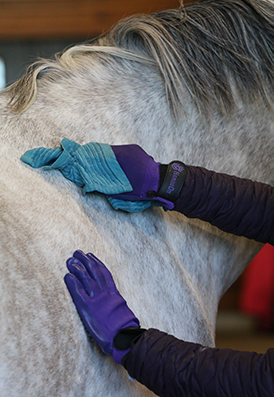
Elizabeth Moyer
There is usually a time over the winter when bathing is not an option. You can give your horse a hot toweling treatment to lift dirt and deep-clean your horse’s coat.
You will need a bucket of hot water, a bucket of cold water, some no-rinse shampoo, and several cloths or sponges. Mix a few gallons of hot water with a few capfuls of no-rinse shampoo. Dip a cloth in the hot water, and wring it out until it’s warm and steamy. It should be damp.
Use that warm cloth to curry your horse, working against the direction of the hair growth to reach the skin. Your horse should stay almost dry during this process. If the coat gets too much moisture, use a cooler to cover the area.
Toss any dirty rags into the cold water as a rinse. Keep going until your horse is clean!
You can also use this technique with grooming oil instead of spot cleaner to add shine and conditioning.
Preventing Stain
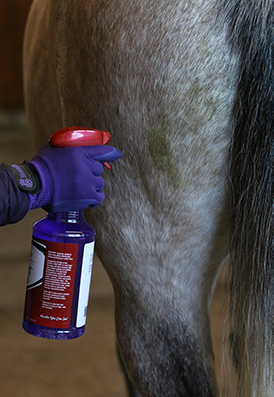
Gray, white, and light-colored horses often show stains. It’s easy to rinse or bathe away stains in the summer, but winter temps often prevent this. Stain management in winter boils down to prevention and spot treatment. Daily grooming with extra attention to currying and brushing helps your horse’s natural oils coat the hair, which helps prevent stains. You can also hot towel him with grooming oil to add more conditioning and stain protection.
To use grooming oils in the winter, spread tiny amounts of oil on a dandy brush; massage into the coat. You can also use a few drops on a clean cloth and rub into the coat.
Using sheets and blankets creates a barrier for stains. Waterproof blankets are best for keeping your horse dry and to prevent grass, manure, and urine stains from seeping through the blanket.
Boost your stall- and paddock-cleaning efforts. Light-colored horses turn yellow after continuously resting in dirty shavings. Pick manure as often as possible, and don’t leave urine patches under shavings.
Removing Stains
Address new stains immediately. Use a curry comb or gloves to break up dried stains. Then spritz the discolored area with a few pumps of no-rinse shampoo and let set for five minutes.Then use a clean, damp cloth to buff out the stain. Adding too much product or water will create a bubbly mess. If that happens, dry with clean towels.
Is Clipping Right for Your Horse?
Many horses benefit from body clipping or trace clipping in the fall and winter. When sweat management becomes difficult to manage or if the weather is too warm for their thick coat, your horse feels uncomfortable after exercise. Then it’s time to consider clipping.
Before clipping, your horse should be spotless! If you can bathe your horse, do so. If you need to groom and hot towel your horse instead, that’s also a great way to prep the coat for clippers.
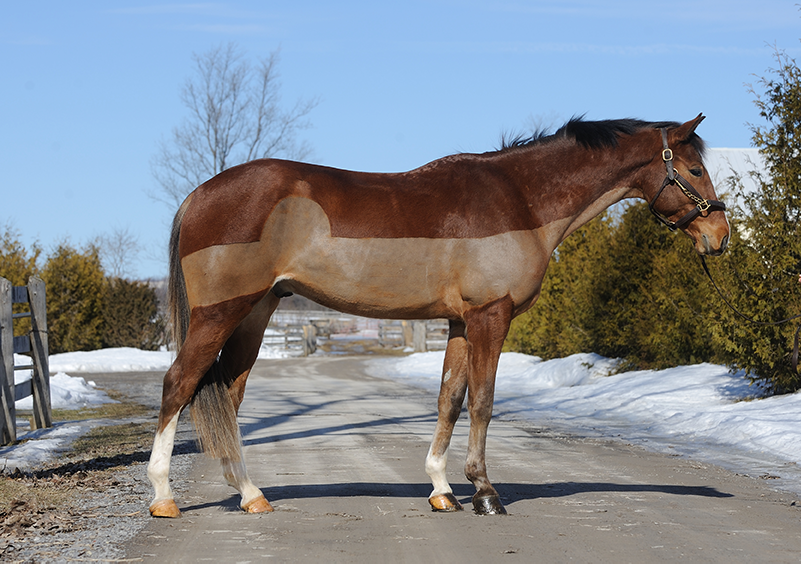
This article on Cold Weather Grooming Tips was originally published in the Winter 2023/2024 issue of Discover USPC magazine. Read more content from that issue.

About Shapley’s — Official USPC Grooming Product Sponsor
Shapley’s has been producing superior equine grooming products for over 85 years, and top riders and horsemen trust Shapley’s for their horse’s health and shine. Learn more at Shapleys.com



